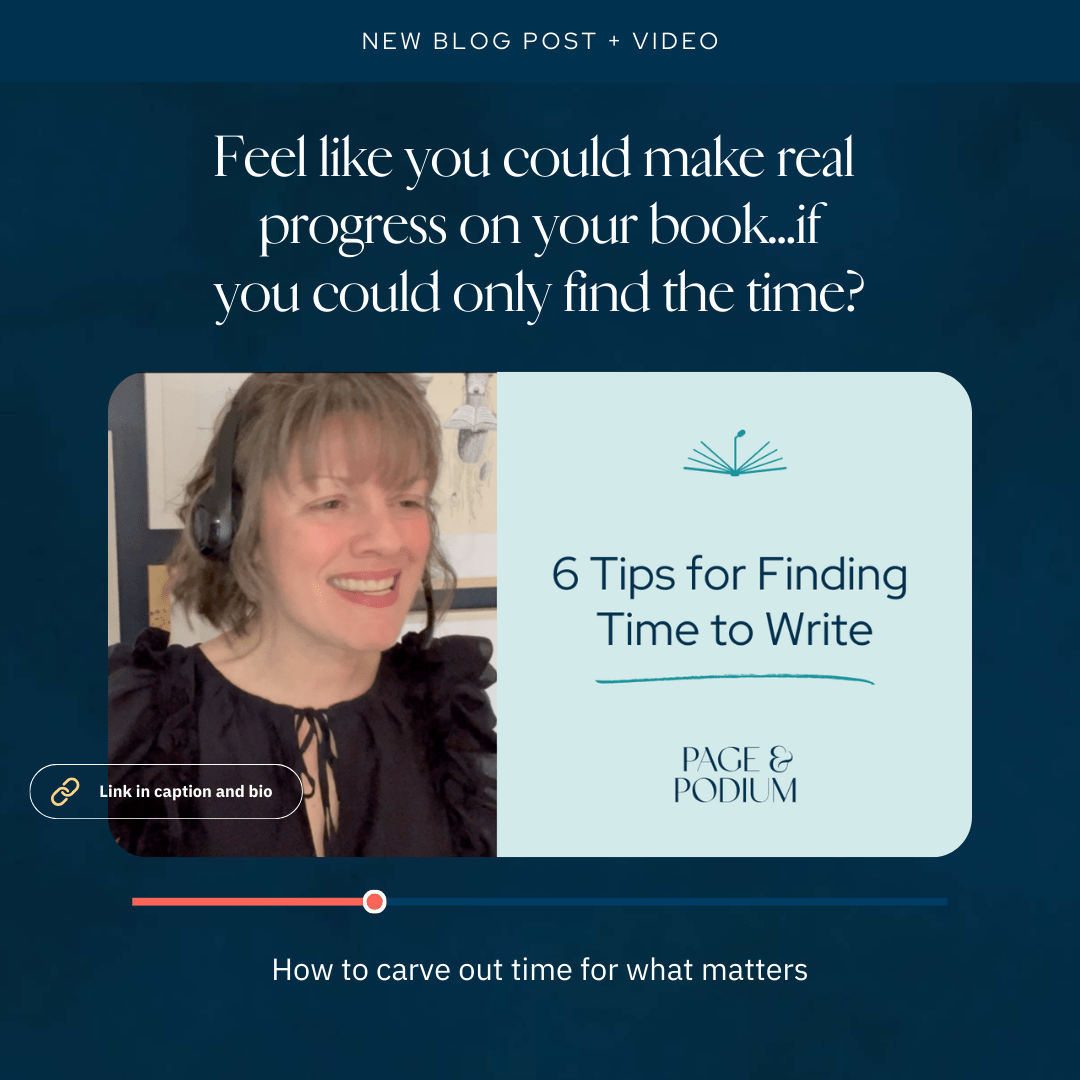A potential client came to me wanting to hire us for our query concierge service. She’d spent much longer than she’d anticipated submitting to agents, with only a few form rejections to show for her efforts. Understandably, she felt hurt and embarrassed. After all, she’d worked hard to write the book. She’d edited the work and even had her aunt (and English teacher) proofread it for her.
So she wanted someone to help her query. Since her manuscript was polished, she thought the only thing that could be stopping her was her query letter.

I thought her book sounded fascinating, and I could sense her passion, so we met and talked through her problems. As I told her, we never begin with Query Concierge—as a policy, we always do an Analysis & Recommendation first, because you’ll only burn bridges by querying before the manuscript is ready. After all, if the agent requests a full or partial manuscript, it had better be picture perfect and camera ready!
She agreed and sent me her work.
After I read the manuscript and wrote up my report, I scheduled a meeting with her.
“Tell me about your revision process,” I said.
“Oh, I spent a lot of time revising!” she replied. “I went through and edited it, and then I had another person edit it too!”
It made sense. At a sentence level, the manuscript was immaculate. But the inciting incident didn’t occur until chapter 7, and most of the middle build was packed full of backstory and happy, calm dialogue as the protagonist and her sidekick rode across the country by train.
Don’t get me wrong—there were beautiful scenes in this manuscript. But the structure needed a lot of work.

She thought she’d revised her manuscript.
But she’d only proofread it.
What’s the difference between revising and proofreading?
First, the simple answer: proofreading takes sentences as they come, checking for grammar and spelling errors. Many people also take this opportunity to make sure they’ve kept their tenses consistent, and that they aren’t vacillating between first- and third-person perspectives.
“It’s free from spelling and grammar errors. But it’s still a rough draft. Even though it’s been extensively proofread, it has never been revised.”
Revising is a much different task. When we revise, we zoom out. We evaluate our story at the structural level. With an eye toward things like pacing, stakes, and tension, we take our story apart and put it back together with the reader in mind. Often, we cut some scenes, rearrange others, and flesh out important moments. We might collapse two characters into one or (gasp) kill off a key sidekick.
I didn’t suggest all of these to our potential client—she only needed a few. But I did gently tell her that the manuscript wasn’t ready to query. Because, in the eyes of the book industry, it was still very much a first draft.
I meet a lot of clients like this. Over the years, they’ve been instructed on grammar and spelling. They’ve been told to make sure their writing “flows.” But they’ve never been taught to actually evaluate and revise a long-form piece of writing. And they’re terrified to take the work apart and reorganize—they’re afraid they’ll only mess it up.

So what they call their “polished manuscript” is actually a rough draft. It’s free from spelling and grammar errors. But it’s still a rough draft. Even though it’s been extensively proofread, it has never been revised.
The most heart-breaking part of this situation is that, until your structure is solid—and nobody’s structure is completely solid on the first draft—you really can’t write an effective query letter. Because you probably don’t really know what your story is about.
Fortunately, revising can actually be very rewarding (even if it makes us want to lay down on the ground and kick our legs like a toddler in the beginning!). And, armed with the A&R I’d written up for her, she went off to dutifully develop, cut, and reorganize.
Sometimes it’s tough to get people to do that. But she was actually eager once I explained the potential I saw in the manuscript.
Like many of us, she loved her characters and their world too much to leave them in rough draft purgatory. And the only way to save them is to revise.



